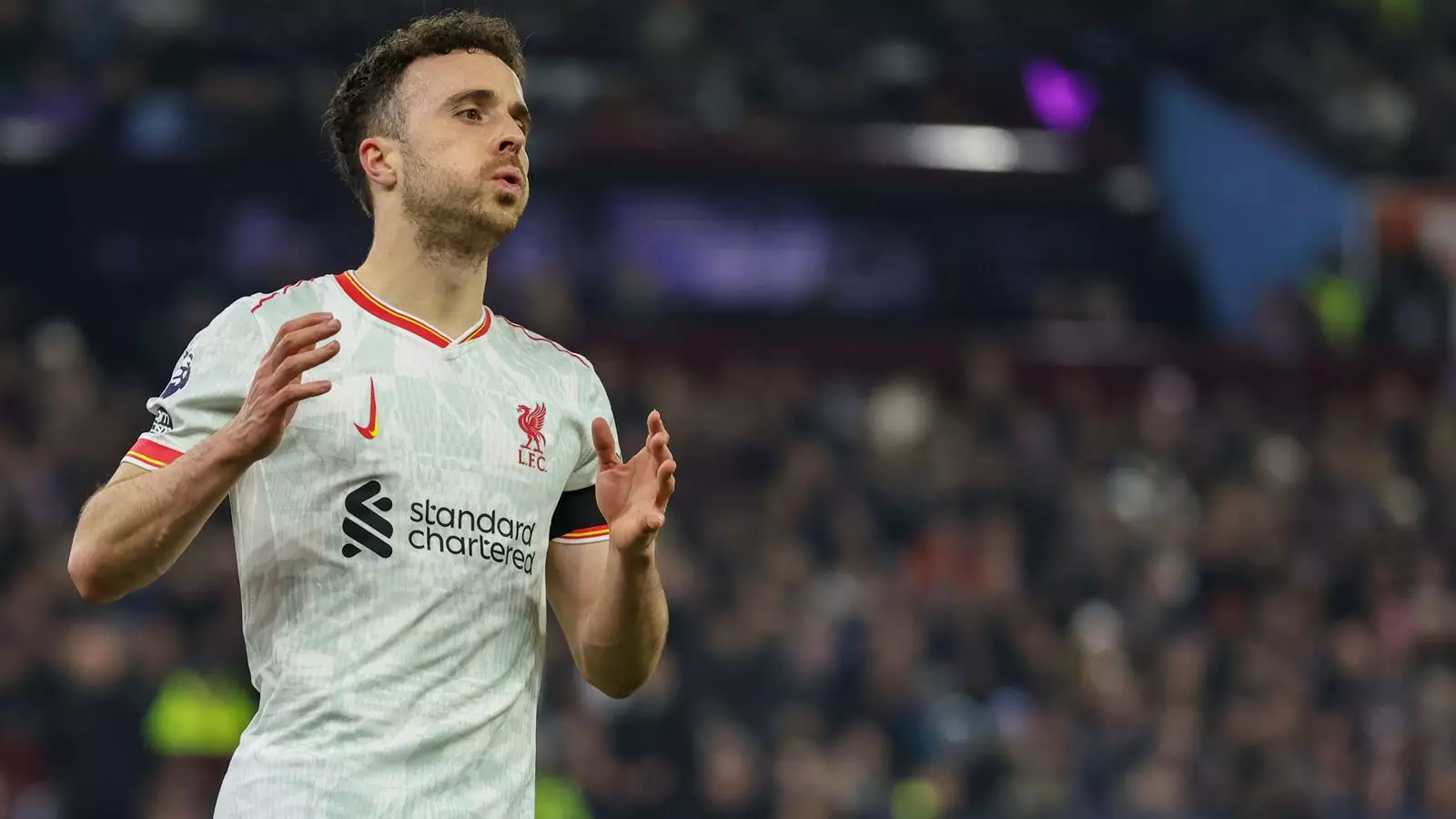The heartbreaking news of Diogo Jota’s death has sent shockwaves through the global football community and beyond. At only 28 years old, Jota’s untimely demise in a tragic car accident punctuates the vulnerable reality of athletes living under intense scrutiny and pressure, often masking their personal struggles from the public eye. This tragic event underscores a sobering truth: no matter one’s fame, talent, or achievements, human life remains fragile and unpredictable. For Liverpool FC, and the Portuguese national team, this represents more than just a loss of a talented player; it symbolizes a deep emotional void and a collective mourning.
What is perhaps more tragic is the manner of the accident—reportedly caused by a tire burst during overtaking, which led to a fiery crash—a reminder of how delicate human existence can be and how fleeting moments can turn into devastating tragedies. Jota’s death also sheds light on how swiftly life’s circumstances can change, leaving loved ones utterly devastated, and fans grappling with a sense of profound injustice.
The Cultural and Emotional Impact of Losing a Rising Star
Jota was not merely a footballer; he was a symbol of hope and perseverance for many, especially within Portugal and his club community. His journey from Portugal to Spain and finally to England, where he became a vital part of Liverpool’s success, illustrates the power of resilience and dedication. His recent marriage and his role as a father highlight the human side that fans often forget—these athletes are husbands, fathers, sons, and brothers. His death leaves behind a trail of grief, not just within the corridors of football but also within the personal lives of those he loved.
The loss resonates deeply because Jota embodied the ideal athlete—vibrant, passionate, and full of life. His engagement in hobbies outside football, such as video gaming and streaming on Twitch, further humanized him in the eyes of many. He was accessible, relatable, and a source of inspiration on and off the pitch. The void he leaves will be felt profoundly by fans and colleagues alike, emphasizing that athletes, despite their larger-than-life public personas, are ultimately fragile human beings.
The Broader Societal Reflection and the Need for Preparedness
This tragedy raises uncomfortable questions about road safety, mental health, and the harsh realities faced by public figures. It prompts a vital societal conversation: Are we doing enough to ensure the safety of individuals, regardless of their fame or profession? The accident, reportedly caused by a tire burst during overtaking, underscores the importance of stringent vehicle safety measures and careful driving practices, especially for those who often travel frequently and under time pressures.
Furthermore, the public mourning process reveals the powerful way in which society clings to figures who embody hope, resilience, and dedication. The outpouring of condolence messages from teammates, national figures, and fans illustrates how shared grief can unify communities—and how fragile that unity can be in the face of unforeseen tragedy. It also questions whether modern society sufficiently supports mental health and safety initiatives that could prevent such devastating accidents.
The Double-Edged Sword of Fame and Influence
As a public figure, Jota’s death also highlights the profound responsibility that comes with influence. Athletes like him serve as role models, often unintentionally, inspiring millions around the world. But their lives also become scrutinized, their personal battles often kept hidden. The tragedy invites reflection on how society perceives and supports athletes beyond their athletic accomplishments. Are we placing too much pressure on these young men and women to always perform flawlessly? Do we value their personal wellbeing adequately?
In a broader context, this incident forces us to consider the socio-economic and emotional vulnerabilities that affect even the most successful individuals. It’s a stark reminder that, regardless of a person’s status, fundamental issues like road safety, mental health, and emotional resilience are critical issues that warrant ongoing attention and action. The untimely loss of Jota should serve as a catalyst for cultural shifts—prioritizing the human behind the athlete and strengthening support networks to safeguard living legends from tragedy.

